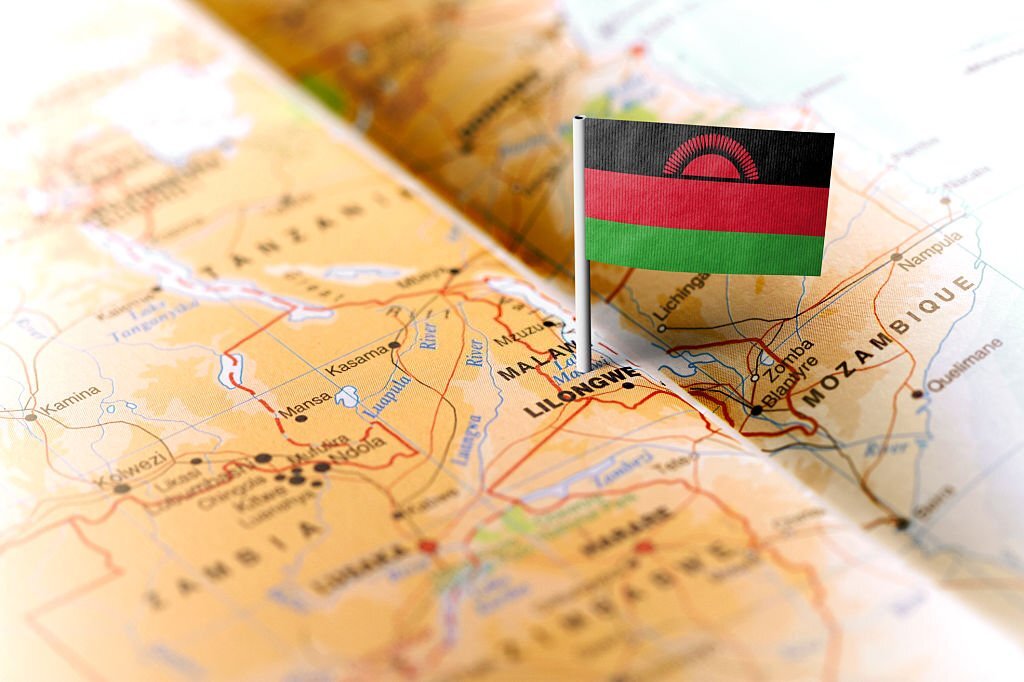
Malawi devalues its local currency to curb inflation and boost its foreign reserve. Meanwhile, investors in the country seek a haven in Bitcoin.
As the entire world grapples with the effects of rising inflation, several countries have begun to make drastic changes to enable them to survive. Reports have highlighted the fates of emerging economies amidst the current global headwinds of higher interest rates. Some of these countries have taken heed and have begun to respond to the imminent economic situation.
Malawi Devalues The Kwacha By Over 25%
Last week, Malawi announced the 25% devaluation of its local currency to curb inflation and shore up its falling foreign reserve. The move was made in collaboration with the International monetary fund (IMF) as the southeast African country launched a recovery plan for its ailing economy.
The currency depreciation which came into effect on Friday last week is the highest for the country in over a decade. The previous devaluation of such magnitude came in 2012 when the Kwacha lost 33% of its value.
Lately, Malawi has been facing a severe shortage of foreign exchange. The country’s apex bank has pointed to the covid-19 pandemic as one of the reasons for the current crisis. Export earnings for the nation dropped drastically due to the global lockdown. Also, the Russia- Ukraine war has disrupted the supply chain, leading to increased import bills and commodities prices.
Furthermore, the bank cited the devastating effects of the two cyclones that hit the country this year as further reasons for the dwindling exchange rate. The resultant impact of these issues has been rising food costs and growing inflation. Malawi recorded an inflation rate of 15.7% in April. The Bank revealed,
“The supply-demand imbalance has manifested in the domestic foreign exchange market in a number of ways, including low foreign exchange supply (and) declining official foreign reserves.”
Malawian Investors Turn To Bitcoin
The aftermath of Malawi’s decision has seen investors hasten to safeguard their money. Many of them have turned to cryptocurrencies and BItcoin to hedge their cash.
One year chart of the BTC/MWK Source: Tradingeconomics.com
The chart shows a significant uptick in BTC purchases following last week’s announcement. The BTC/MWK pair surged by more than 22%, from MK23,818,615 to MK31,949,711 per BTC. Incidentally, the BTC/MWK has primarily followed the trajectory of the entire crypto market over the past year before the latest spike. The pair saw a gradual increase in value from July with a slight dip in September before peaking in November. Coincidentally BTC reached its all-time high of $69,000 in November before gradually losing more than 45% of its value.
Similarly, the BTC/MWK dipped almost 60% from its November peak near MK55,000,000 to MK22,570,000 before the new surge. Meanwhile, compared to the BTC/USD pair, only the Malawian market has seen a significant spike in value.
One year chart of BTC/USD. Source: Tradingeconomics.com
Although the BTC/USD has a close correlation with the BTC/MWK, the 22% surge seen in the latter doesn’t happen in the former. Instead, the BTC/USD has only seen a 9% increase in value. This is significantly lower than the BTC/MWK and proves that the devaluation of the Kacha has been a significant catalyst for the surge.
Furthermore, Malawian investors turning to Bitcoin in the face of economic tightening is in line with what investors from other countries are doing. Countries like Argentina and Nigeria have seen investors turn to digital assets to hedge against their local currencies. Others like the Central Africa Republic and El Salvador have also adopted Bitcoin as legal tender. All this is in a bid to curb inflation and stimulate economic growth.
Do you think Bitcoin offers a better hedge for Malawian Investors against the devaluation of the Malawian Kwacha? Let us know your thoughts in the comments below.

Chris is a crypto enthusiast and a firm believer in the blockchain’s ability to create a new financial paradigm. Through writing, Chris hopes to expose the intricacies of this disruptive technology and how it is beneficial to Africans and developing countries. He aims to give readers a rational and unbiased outlook of the industry by equipping them with the necessary information to make enlightened investment decisions.


